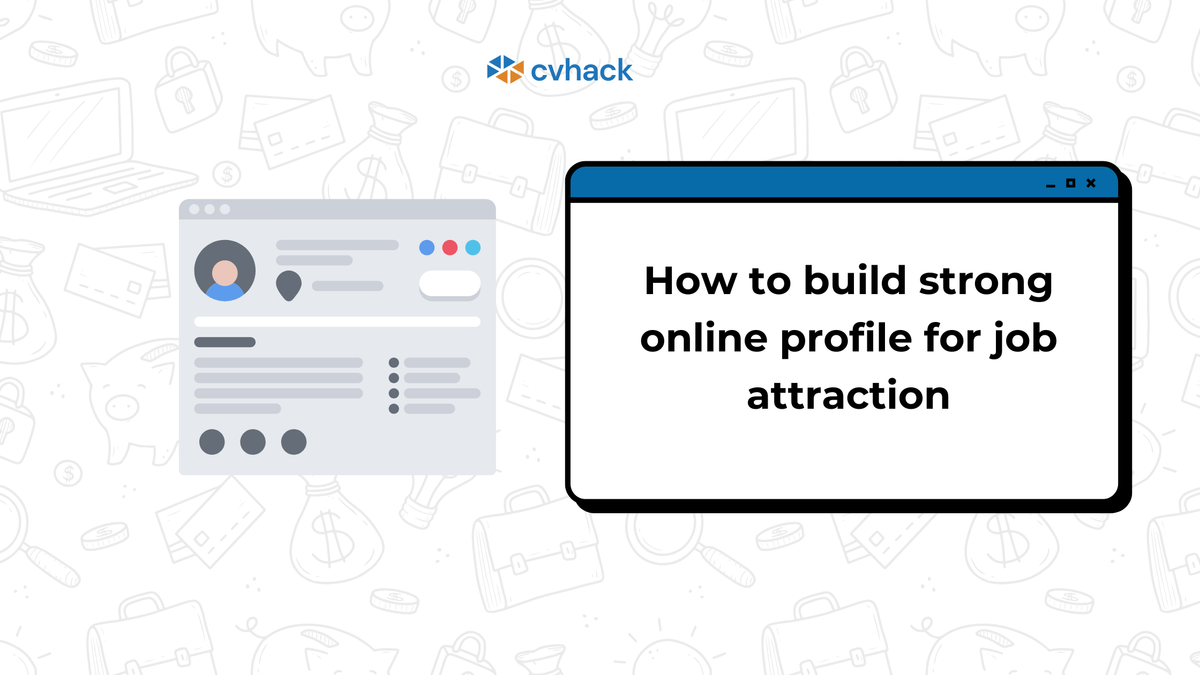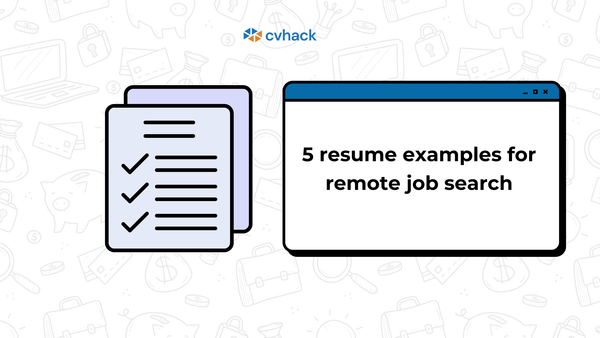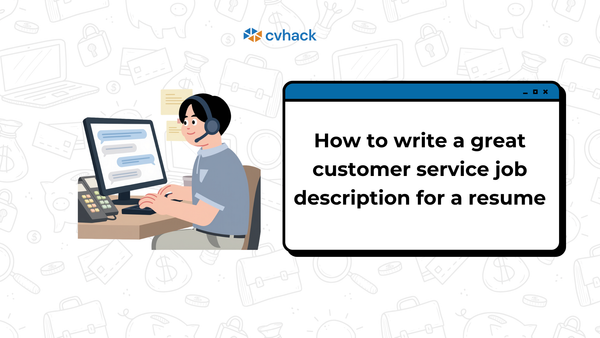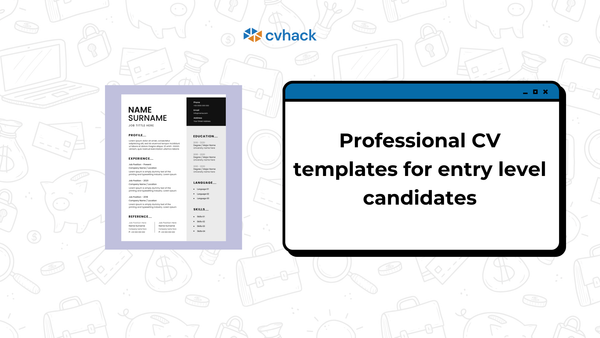How to Build a Strong Online Profile for Job Attraction

In today’s highly digitalized global economies and job markets, your online presence can be just as important as your CV/resume. Employers such as recruiters and hiring managers often turn to the internet to learn more about candidates before reaching out. For example, 95 of recruiters use Linkedin to find and look up potential candidates.
That’s why it’s critical to build a strong online profile that reflects your professional identity, skills, work experience, and ambitions. Whether you're actively looking for a job or just positioning yourself for future opportunities, creating a strong online profile can significantly boost your visibility, credibility, and employability.
What Employers Look for in an Online Profile
When employers scan your online presence, they’re looking for much more than a list of jobs you've held. Rather, they're indulging in a holistic assessment that includes clear indicators of professionalism, relevance, and cultural fit. These indicators create a strong first impression and help them to quickly understand your value. They also help to build trust in you and signal you’re serious about your career.
Tips for Building a Strong Online Profile for Job Attraction
Building an impactful online presence for job attraction doesn’t have to be overwhelming. Here’s how to achieve this important objective in order to attract those remote job opportunities you’ve been hunting for.
Choose the Right Platforms
Not every platform is necessary, but some, such as those mentioned below, are essential:
- LinkedIn: The most important platform for professionals—ensure your profile is current, complete, and clearly highlights your skills, education, and work experience. More on creating a compelling LinkedIn profile here.
- GitHub: Ideal for developers, designers, and creatives to showcase code repositories, visual work, and collaborative projects.
- Industry-specific platforms: Platforms like ResearchGate (for academics), AngelList (for startups), Behance (for creatives), or Dribbble (for design professionals) help you connect within niche communities.
- Freelancing platforms: Sites like Freelancer, Upwork, Fiverr, and Toptal require user profiles that showcase educational background, skills, freelance experience, completed projects, and client feedback. All these can strengthen your credibility and indicate professionalism and readiness for even non-freelance work scenarios.
- Personal website or portfolio: A great way to exhibit knowledge and creativity, present work samples, case studies, testimonials, and a deeper personal or brand narrative.
Include the Key Elements of a Strong Online Profile
Remember that when you build an online profile for job attraction, you’re not just filling in fields—you’re telling your professional story in a way that aligns with your goals and impresses potential employers as well. A strong online profile for job attraction typically includes:
- A professional headshot.
- Compelling bio or summary.
- Educational background.
- Work experience and achievements.
- Skills.
- Courses/certifications.
- Projects, publications, or portfolios.
- References/client feedback/endorsements.
Optimize for Search Engines
Search engine optimization (SEO) helps your online profile show up in employer searches, such as those on Google and LinkedIn. To make your profile easier to find:
- Use keywords from your industry in your profile headlines and summaries.
- Customize your profile URLs (e.g., linkedin.com/in/yourname).
- Share your online profiles on your CV/resume, email signature, and job applications.
- Link between platforms where appropriate.
Stay Active
It’s not enough to simply set up a profile to attract jobs—you also need to constantly be active through them. For example, you can:
- Share relevant articles or comment on industry news.
- Post updates about recent accomplishments or events.
- Engage with others’ content to expand your network.
- Join professional groups and contribute meaningfully.
Mistakes to Avoid
To build a strong online profile for job attraction, you must present yourself as knowledgeable, professional, reliable, thoughtful, and aligned with industry expectations. Avoid these common errors that could undermine your efforts:
- Inconsistent job titles or employment dates
- Poor spelling, grammar, or unprofessional language
- Outdated or irrelevant content
- Inactive, incomplete, or empty profiles
- Sharing controversial or overly personal content
Wrapping Up
In a competitive job market, a professional and optimally arranged digital presence can be a crucial asset that complements your CV and resume. When you build strong online profiles, you're making it easier for employers to find and trust you. If you are hoping to attract a new job but have been taking the importance of creating and maintaining strong online profiles for granted, you are wrong.




